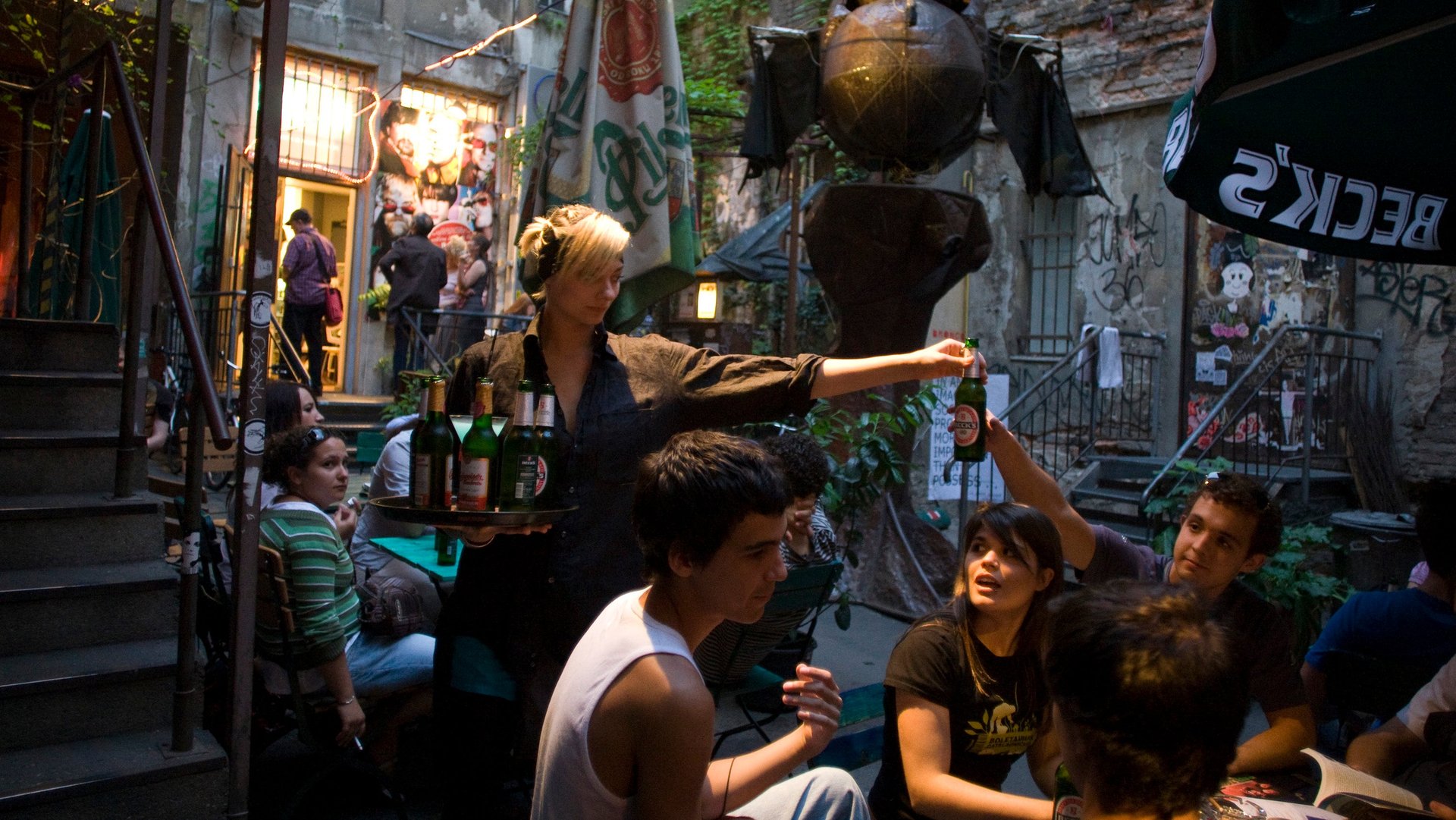Why is it impossible to find free wi-fi in Germany?
Germany prides itself on being one of the most industrially advanced countries in the world, from its high-tech manufacturing sector to its enviable commitment to renewable energy. But when it comes to free and open wi-fi networks, Germany lags far behind its peers.


Germany prides itself on being one of the most industrially advanced countries in the world, from its high-tech manufacturing sector to its enviable commitment to renewable energy. But when it comes to free and open wi-fi networks, Germany lags far behind its peers.
The blame rests squarely on the shoulders of Störerhaftung, a German law that makes the owner of a wi-fi network responsible for any illegal activities conducted on the connection. It doesn’t matter if you had no idea your neighbor has been illegally downloading new episodes of “Silicon Valley” with your open wi-fi. If the copyright owner decides to prosecute, you could be liable. As Bloomberg reported last year, the law means that Germans and travelers hoping to get work done in cafes, public spaces or hotel lobbies often find themselves out of luck.
“In London and Asia it was much easier for me to access the internet for free than in Germany,” says German internet activist Christian Heise. “While using public transportation, I had a constantly perfect internet connection. It’s sad that Germany as a modern country is still so backwards regarding digital innovation.”
There may be some good news for the wi-fi starved. The country’s coalition government recently announced that it would finally strike down the Störerhaftung law. But since no one has seen a draft of the resolution just yet, Heise advises against premature celebration. After all, an entire caste of German lawyers make a good living by prosecuting copyright violations and Störerhaftung accomplices. Heise wonders if politicians are really prepared to fully dismantle the law.
In the meantime, there are a number of smaller efforts to help Germans get online. Protestant churches in Berlin and Brandenburg are now being equipped with free internet hotspots known as Godspots. And Heise is a founders of the Freifunk movement, a decentralized group that sets up free network connections around Germany that route internet traffic through Sweden and other countries, thereby bypassing potential Störerhaftung prosecutions. The organization has created more than 33,000 internet access points in 300 cities and villages in Germany, all funded privately and set up by volunteers.
The issue of Internet access is especially important for refugees in Germany, according to Heise. The country took in 1.1 million refugees in 2015, and expects a total of 3.6 million by 2020. When refugees arrive in German shelters, they often have trouble finding an open connection. Heise reports that Freifunkers have set up more than 340 networks in refugee homes in the past month.